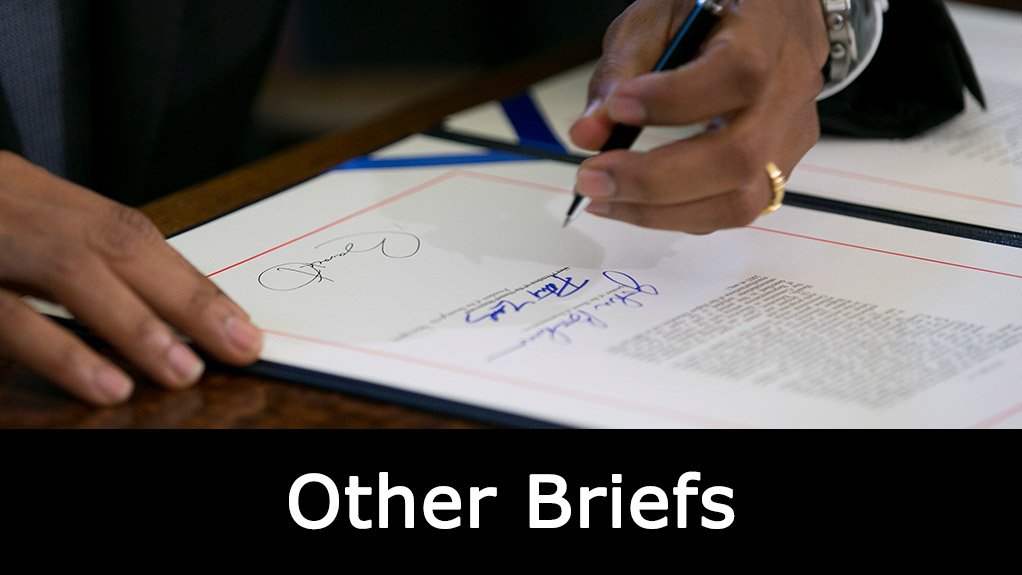In April 2023, significant amendments to the Rules of the Commission for Conciliation, Mediation and Arbitration (CCMA) came into effect. Among these amendments, Rules 29 and 37 have been refined to provide explicit guidance on the procedures to be followed when a party seeks the disclosure of evidence or information contained in documents or evidential material. These rules also address situations where the evidence’s credibility or probative value is at stake. This article delves into the impact of these amendments on the CCMA’s dispute resolution process.
Upon the failure of a conciliation process between an employer and an employee, the presiding Commissioner issues what is known as a “7.12 Form,” which serves as a Certificate of Non-Resolution. Subsequently, the parties must proceed to resolve the dispute through an arbitration process. However, a common challenge arises when one party refuses to disclose crucial evidence prior to the commencement of the arbitration. Fortunately, the CCMA Rules offer remedies for such situations.
Rule 29 of the CCMA addresses the disclosure of relevant documents or materials held by any party to a dispute who may be reluctant to share them. This rule stipulates that after the issuance of the Certificate of Non-Resolution or upon the expiration of the 30-day conciliation period, but no less than fourteen (14) days before the hearing date, any party involved in a dispute may apply to compel the other party to disclose documents that pertain to the dispute.
Furthermore, the obligation for the disclosure of documents does not solely rest on the initiative of the parties. Rule 29(3) empowers the Commissioner to issue an order for the disclosure of relevant documents and materials. This authority extends to both pre-arbitration and during arbitration proceedings. The criterion for determining which documents are to be disclosed hinges on their relevance to the dispute. It is important to note that the provisions of Rule 29 encompass all materials pertinent to the dispute, including but not limited to videos, images, documents, invoices, and pay slips.
In cases where a person whose evidence holds probative value does not intend to testify during the arbitration proceedings, Rule 37 of the CCMA Rules comes into play. This rule dictates that “any party seeking the Commission or Commissioner to subpoena a person in accordance with section 142(1) of the Act must file a completed LRA Form 7.16, along with a written justification explaining why the person’s testimony is essential.” It is important to emphasise that requests for a subpoena do not apply to documents and materials relevant to the dispute, as these must be requested under Rule 29. Consequently, the CCMA Rules provide comprehensive guidelines to ensure that parties are not unjustly disadvantaged by the withholding of relevant evidence.
Rule 37(1) is explicit in specifying that requests for documents and materials intended as evidence must be made in accordance with Rule 29, and should a person need to be subpoenaed to provide testimony, the provisions of Rule 37 must be meticulously adhered to.
In summary, the recent amendments to the CCMA Rules, particularly Rules 29 and 37, offer a well-defined framework for the disclosure of evidence and materials crucial to dispute resolution. These rules safeguard the integrity of the arbitration process by ensuring that relevant evidence is made available and withholding essential information does not unfairly prejudice parties.
Written by Simphiwe Ndaba, Dispute Resolution Official at Consolidated Employers Organisation (CEO SA)
EMAIL THIS ARTICLE SAVE THIS ARTICLE ARTICLE ENQUIRY
To subscribe email subscriptions@creamermedia.co.za or click here
To advertise email advertising@creamermedia.co.za or click here











